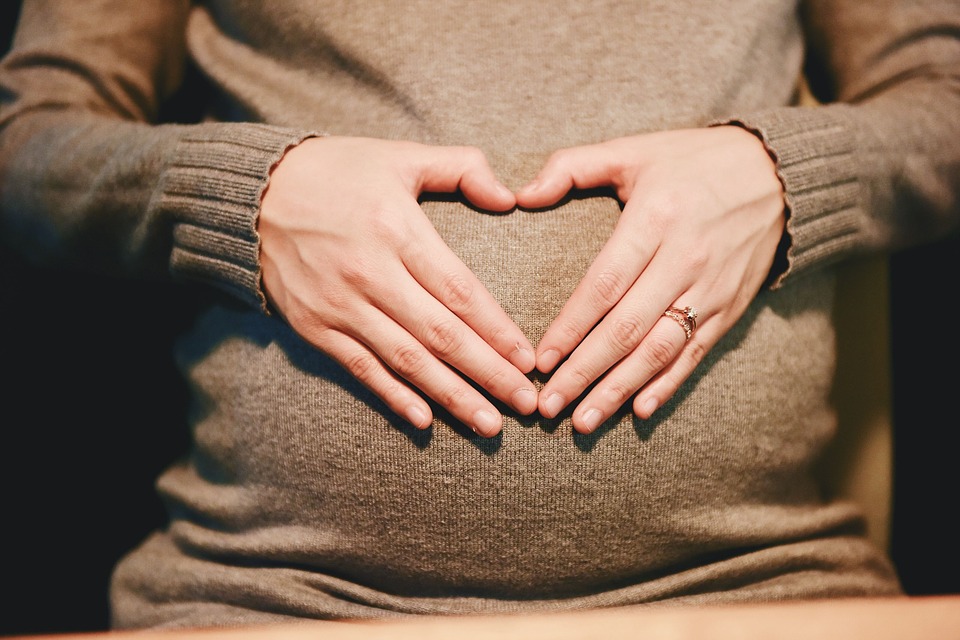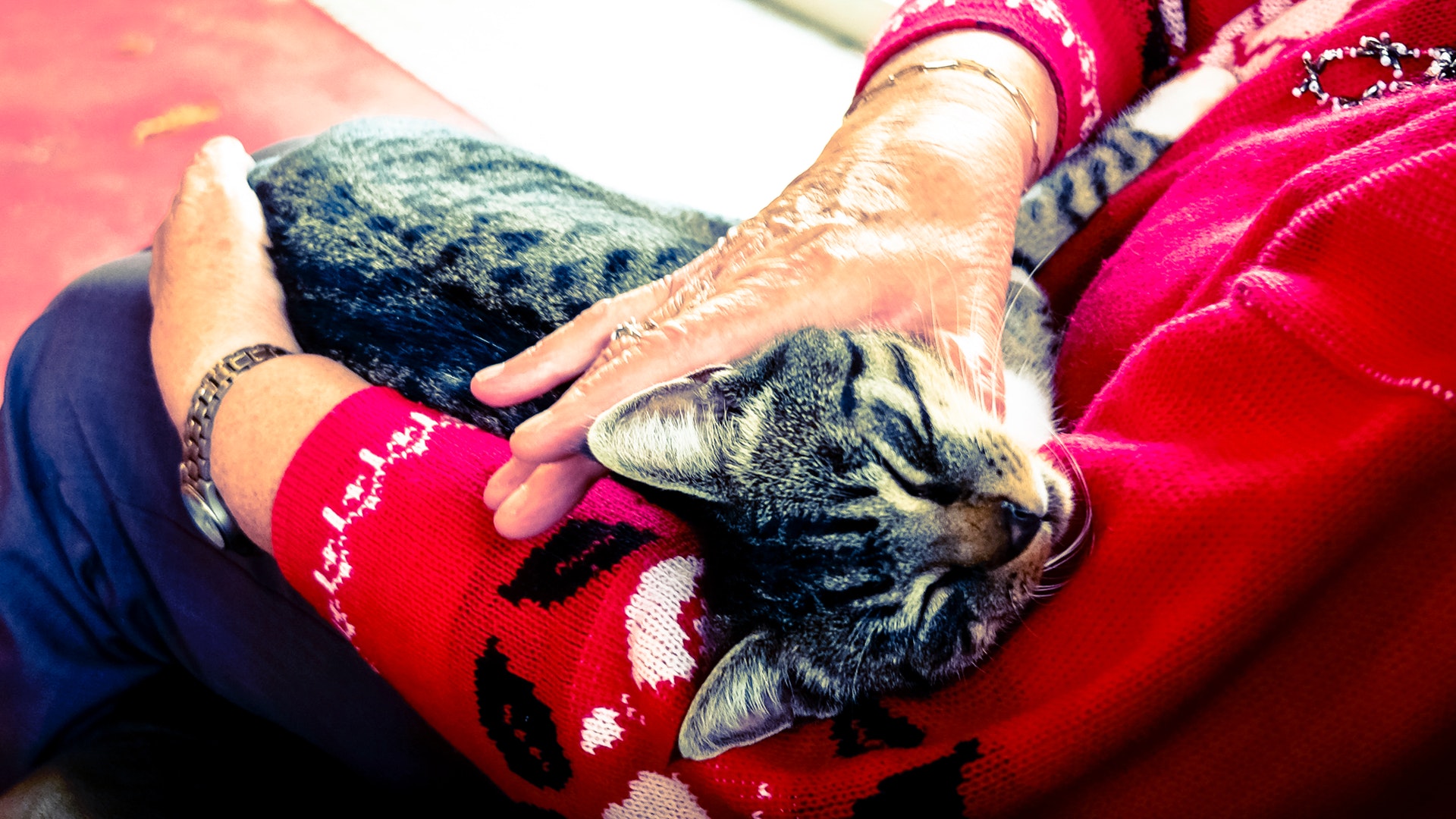Pregnant mamas (like us!) get excited over the tiniest things like baby hiccups, nursery decor, scrolling through baby names for hours, or spotting the cutest onesies. Let’s be real, pregnancy is one wild ride, full of twists, turns, and a whole lot of emotions. Sure, the heartburn might be fierce, the nausea can be relentless, and don’t even get me started on the puffy feet and backaches. But when you imagine holding little Amelia, Elijah, Harper, or Noah in your arms, suddenly those stretch marks feel like tiny badges of honor. Because at the end of it all, nothing compares to the joy of bringing your baby into the world. It’s magic. Pure, beautiful, overwhelming magic.

One of these exciting things is the kicking of your baby. As your pregnancy progresses, your baby bump grows. You may feel your baby kick or move inside you. The feeling is out of the world.
The first time it happens, you just shine like a bright star. You know that your baby is healthy and doing great in the womb. There is no certain rule that can predict from when you can feel the baby kick from outside. You may not notice it if you are busy, but in general, the kicks become evident from the end of the second trimester.
There are certain interesting facts about the baby kicking that every expecting mother needs to know.
- If your baby kicks then be assured that your baby is healthy and is developing well inside your womb. At first, you will only understand kicking. After that, you can understand and feel the baby’s movement and activity when he or she will move, turn, tumble, roll or KIcks inside the womb. You will also get a swishing feeling if the baby stretches inside the womb during the last stages of your pregnancy.
- Babies often respond if they are stimulated externally. They may respond if you eat food or even if they hear different noises.
- Babies can hear low-pitch sounds from the 20th week of pregnancy. As time progresses, they can easily feel high-pitched sounds too. Your babies may respond if you speak weather names, but what makes them respond is the sound only.
- What their mother eats they also eat too. Often different flavors are introduced to the baby through the amniotic fluid. Although they are in the womb, they have their likes and dislikes. They move and respond if they like or dislike the taste.
- Usually, babies start moving from the seventh week of the pregnancy. Often mothers are unable to feel these movements as the movements are very few or short in tike span. After nine weeks, the babies show more movement and mothers can easily detect or feel the movements. As the time approaches the delivery, babies move more frequently. Early kicks are only detected through the ultrasound tests. But after the 25th week, mothers can frequently feel the kicks, stretching or hiccups of their babies.
- Usually, you will be able to feel more kicks if you lay on one side. This happens because the blood supply to the baby increases if the mother lies on one side- either left or right. More blood circulation encourages movement. If the baby is not kicking more then there may be some stress for the baby. According to experts, normally babies kick ten times per two hours. If they do not kick enough then it may indicate they are not getting enough food or oxygen.
As you can see kicking is a clear indication of your babby’s growth. But you do not need to worry if your baby has stopped kicking your belly frequently during the last trimester. Their kicks reduce with time as they grow bigger and you may feel a sharp pain from their kicking.







